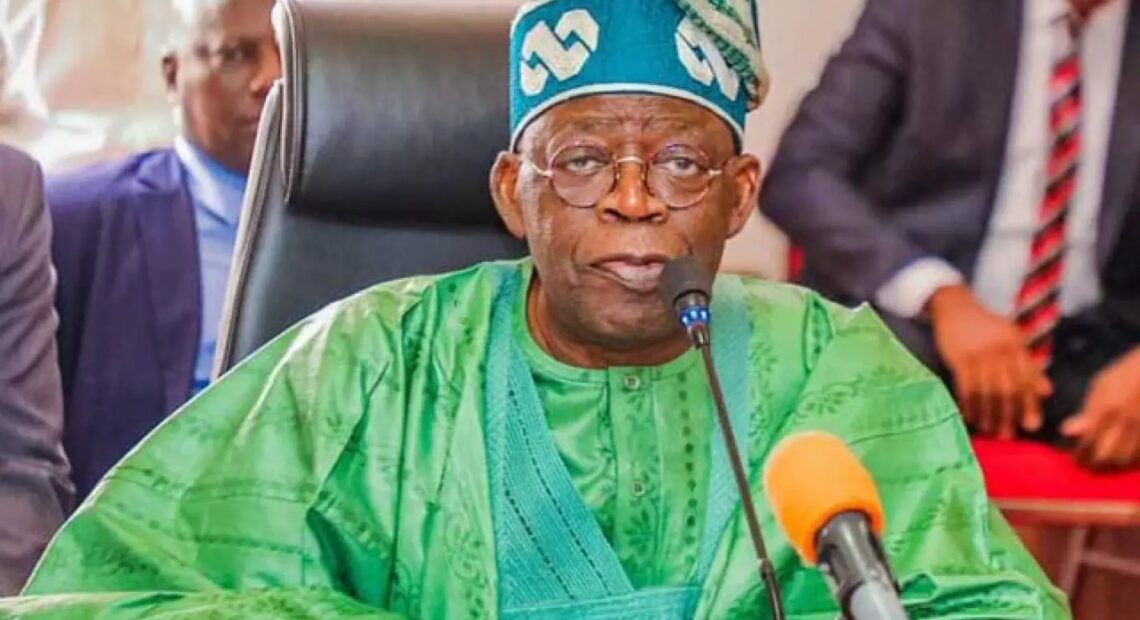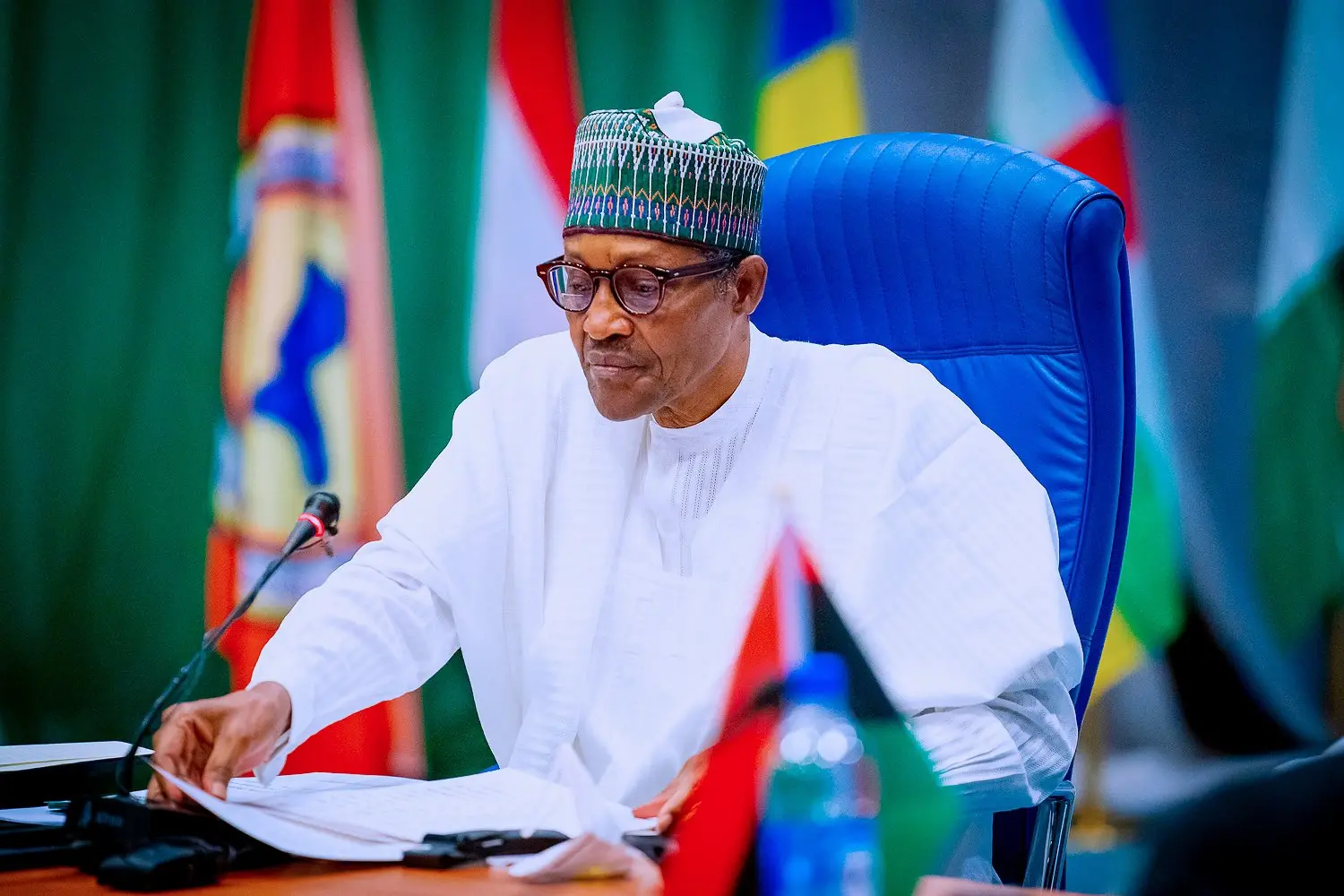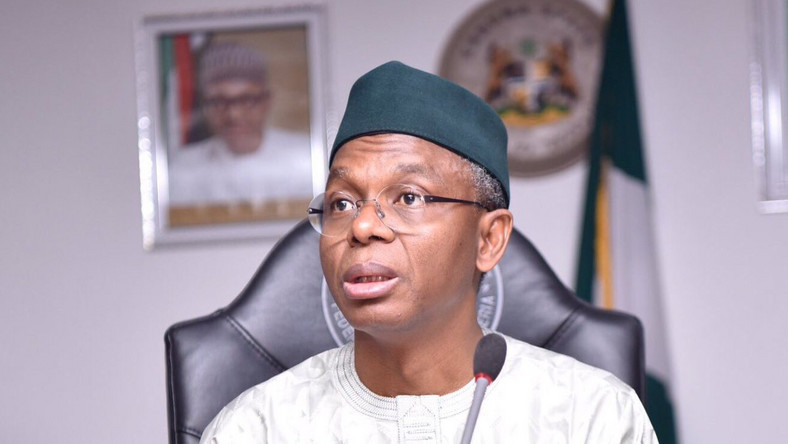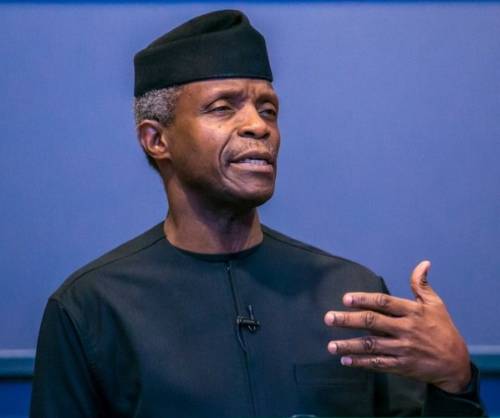Tinubu and the task of rebuilding a failed state

By Umar Ardo, Ph.D
The key index of a failed state anywhere in the world is the collapse of state authority. Clearly, the 8-year Buhari administration has grounded Nigeria and left behind a failed state. Nigeria is today a failed state as there is ample failure of state authority across all facets of our national life. From the simple disobedience of traffic rules on our streets, the compromising of regulations in public service, to the rising of standard of armed revolts against the fatherland, state authority is everywhere challenged across Nigeria. And with the collapse of authority, public property and public funds have concomitantly become free-for-all to loot by public servants. The Buhari-led regime, by its acts of commission and/or omission, further gave rise to ominous politics of venality, ill-will and resentment, literally fomenting into a poisoned chalice flawing in the streams of the Nigerian society.

The situation has overtly polarized the country. As a result of high level of corruption, nepotism and dishonesty of public functionaries, Nigerians have lost confidence in public leadership. Hence, within the last decade, national fault-lines have both widened and sharpened more than ever before, creating in the process deadly terrorist organizations, and equally deadly ethnic bandits and separatist groups and warlords across all regions, with increasing number of ungoverned spaces all over the country. In addition, huge national debts and poor exchange rates; collapse of infrastructure with no power, no water, no functional public education and healthcare facilities; poverty, hunger and high cost of living at an all-time high; society divided on ethnic, religious and sectional lines, and a mindset of “us and them” dangerously grown thick in the consciousness of citizens, including school children – North against South, Christians against Muslims, ethnic nationalities with their sentiments against one another, etc., all combined to complete the failure cycle.
Nigeria is today a failed state as there is ample failure of state authority across all facets of our national life
Consequently, citizens have become victims of governments’ misdemeanor policies and practices and are unable to feed, house, clothe and educate themselves or treat their ailments. Engendering in the populace a sense of hopelessness, helplessness and a devastating psychological feeling of loss of stake in a system that effectively alienates them, this naturally creates a class issue of “the elites and the masses”, with high volatility; thereby in turn creating the conditions for a tinderbox of social unrest, violence and insecurity. This level of decline unraveled the country’s core institutions and structures, revealing thorough decay of the Nigerian state, and if unchecked will ultimately lead to our losing the nation-state itself. This sorry state is caused principally by dismal failure of leadership at governmental levels.
This is the state of affairs President Bola Ahmed Timubu inherited. Nigerians expect him not only to halt and reverse the situation but also to rebuild the nation state in a new national rebirth. And this is not just about fighting corruption, rebuilding infrastructure, or even restructuring the system, important as they maybe, but restoring citizens’ confidence in the nation and its leadership. To this end, therefore, the Tinubu regime must be able to do the following:
i. Begin anew a determined drive of recovering diminishing national patriotic fervor to maintain and sustain the unity of the Nigerian State as an indivisible and indissoluble entity;
ii. Reflect and accommodate our diversity and heterogeneity as a nation-state in all aspects of governance;
iii. Set for the country authoritative higher laws over discords of politics;
iv. Transcend petty arguments and settle national disagreements;
v. Reduce azimuth of conflict and the rise and tide of ethnic and religious extremism and sectarian separatisms;
vi. Reorient the democratic political narrative and statehood;
vii. Create and enhance social and ethical order in our society;
viii. Evoke deeper sense of patriotism and purpose in our citizens and change negative orientations of the populace towards the country and its politics; and
ix. Reclaim the loss stance of our people’s economic, educational and scientific self-reliance.
Citizens have become victims of governments’ misdemeanor policies and practices
There are three critical foundational elements to achieving this goal – i.e. political, economic and social!
The political element requires the president to compulsorily create a team of genuine patriots from all parts of the country with the requisite knowledge, vision, strength, capacity, courage, commitment, dedication and will to undertake and attain noble goals. The team will be a national structure of key elites forming a new national political platform, working to help government fill the vacuum of quality ideas in politics, governance, administration, economy, and strategic national vision and planning to give hope to the people and substantially weaken the national fault-lines.
On the economic aspect, the president must find ways and means of decentralizing economic opportunities and national resources in such a way as to bridge the current unacceptable wide gap between the rich and the poor amongst our citizens. He must as a matter of urgency immediately ameliorate the economic hardship currently being faced by the Nigerian masses. Whatever economic policies to be pursued by government, they must be geared towards urgently reducing the cost of living and increasing the earning powers of ordinary citizens. This is important to avoid social revolt.
On the social side, government must strengthen public authorities in all spears of life by enforcing all laws, rules and regulations. No person or authority must circumvent any law or regulation, micro or macro; thus engraining public obedience and enhancing societal orderliness. Applying these measures would invariably help prevent system breakdown.
No person or authority must circumvent any law or regulation
To attain this change, the president must act on the following values and principles:-
i. He must incentivize character and talent and build an ethical and merit-based society;
ii. He must consider everyone on his or her merit;
iii. He must look out for and find character, skill and commitment wherever they may be from among our diverse peoples – at home and abroad – making our heterogeneity our source of strength and advantage;
iv. He must recognize, engage and reward all men and women of excellence in the service of our country and society;
v. He must look beyond the surface of family, ethnic, religious backgrounds, social status and the patina of appearance;
vi. He must look real hard for people with real virtues, knowledge, commitment and talent;
vii. He must shun off deceit and injustice in governance;
viii. He must aim at the greater goal of effective management of our resources and directing state priorities for the good of all our people; and
ix. All these he must do with the singular aim of rebuilding and developing our country, people and society to the highest standard possible.
This is what enlightened and effective leadership entails; and this is what we expect of an envisioned Tinubu government to strive and bring to our country to achieve practical, demonstrable positive change for our people and society. This is what he must do to be able to restore the foundational ideals, values and norms upon which Independent Nigeria emerged. This is the task before President Tinubu if he is to succeed in rebuilding the failed state of Nigeria and get the country rise again, flourish and compete favourably among the comity of nations. And this is a scheme that only the president himself can initiate and implement.
The Insight Report
Nigeria Coverage



